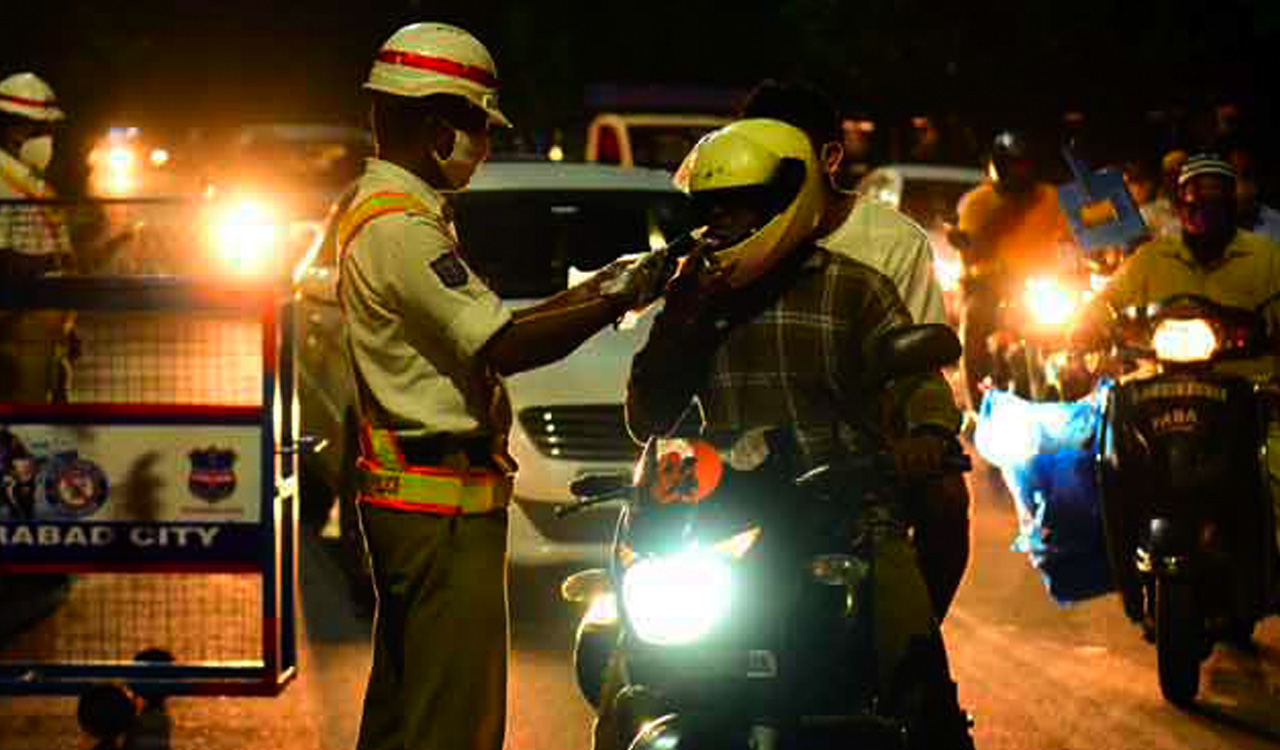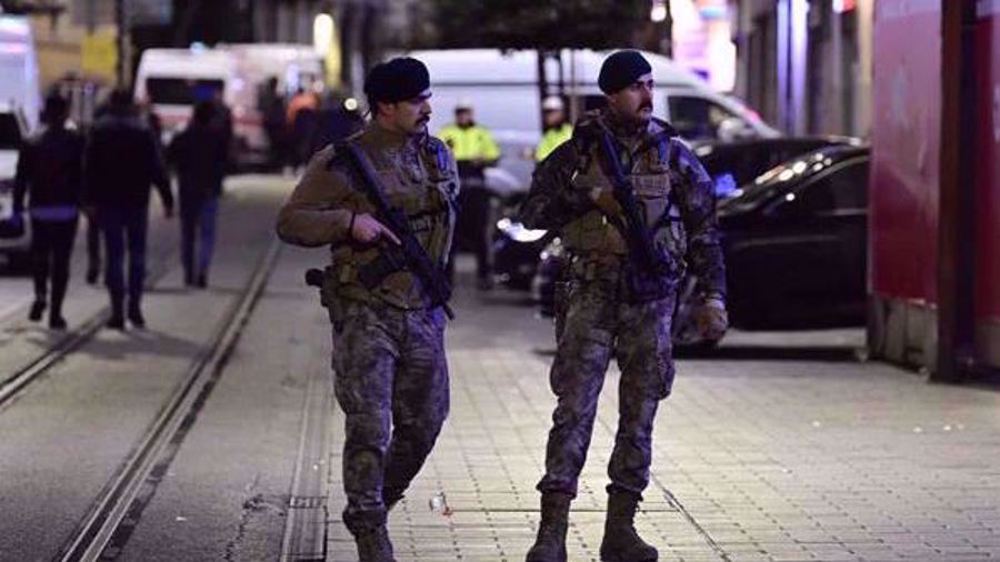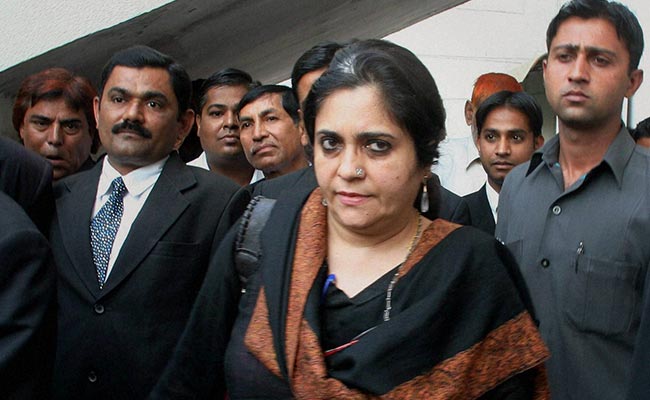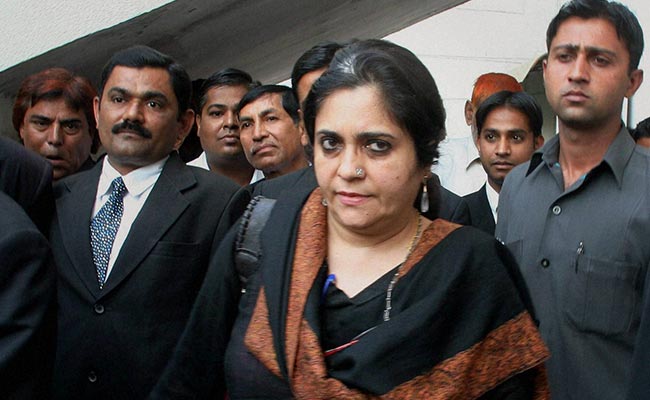By Shabbir Rizvi
“Victorious warriors win first and then go to war, while defeated warriors go to war first and then seek to win,” said the celebrated Chinese military general, strategist and philosopher Sun Tzu.
The centuries-old Sun-Tzu quote is ever-relevant, particularly in the context of the events of last year.
2023 was not only a year of path-breaking resistance, but a year that showed the world how the “Axis of Resistance” has evolved, grown, and works cohesively towards the shared goal – the explosion and overthrow of imperialist Western forces within the region.
The Axis of Resistance, whose formation can be attributed to the leadership of Iran’s top anti-terror commander General Qassem Soleimani, is a conglomerate of leading resistance movements in the West Asia region based on Islamic principles and anti-imperialist and anti-colonial objectives.
History has shown that colonial plots and imperialist dreams are always cut short and humiliated.
The Axis of Resistance – from Palestine to Syria to Lebanon to Yemen to Iraq – plays a critical role in reversing a nearly century-plus policy of Western invasion, theft, and aggression in West Asia.
In 2023, the players in this axis demonstrated their successful resistance with a smart strategy.
Syria
On the political front, 2023 was a monumental year for Syria. After years of isolation from neighboring countries at the behest of the US, Syria was welcomed back into the Arab League after twelve years.
Many countries that severed diplomatic ties with Bashar Al-Assad’s government in Damascus welcomed him back with open arms, as wisdom prevailed.
This marked a serious blow to the United States – which still illegally occupies a third of Syrian land.
The US brazenly occupies Syrian oil fields and illegally transports the oil to its military bases in Iraq. Former US President Donald Trump even bragged about this act of stealing Syrian resources.
Normalization with Syria – which was challenged by the US and its proxy Takfiri forces, proves that the US-led coalition faced a humiliating defeat. But Americans are not going out without a fight.
Takfiri activity in pockets of the Arab country like Idlib has increased in lockstep with the US military activity. Syria, in collaboration with Russia’s aerial support, has renewed efforts to combat them.
Of course, this is all happening while the October 7 Palestinian-led Operation Al Aqsa Storm (Al Aqsa Flood) Operation against the Israeli occupation and its Western backers also impacts Syria.
Resistance forces in Iraq under the Popular Mobilization Forces (PMF) have struck Israeli-occupied Golan Heights repeatedly in recent weeks, delivering successful hits via rockets and drones to Israeli targets.
The Israeli regime has increased its bombings of Damascus (which it was almost routinely bombing even prior to the Oct. 7 operation), and even martyred Iranian military advisor Sayyed Razi Mousavi just outside Damascus in a nearby suburb, helping with anti-terror operations.
Iran has vowed revenge and will continue its assistance to the Syrian government.
Iraq
Resistance forces under the Popular Mobilization Forces (which were trained by and worked with Martyr Soleimani) as well as new unaffiliated groups have stepped up operations in solidarity with the Palestinian Al Aqsa Storm operation.
Since October 7, US military bases from occupied Iraq to occupied Syria have been successfully targeted and struck by drones, mortars, and rockets more than 100 times by the Iraqi resistance.
Iraqi resistance group, Kataib Hezbollah, has vowed to continue this method of resistance until all US forces are expelled from the region. They also vowed more retaliation if Washington insists on continuing its military aid to the Zionist regime amid the genocide in the Gaza Strip.
Kataib Hezbollah, along with other resistance groups under the PMF, have grown in number, power, and experience since their establishment during the onset of the Daesh insurgency. These are battle-hardened soldiers who have seen some of the most horrific scenarios of what modern war has to offer.
Remarkably, the resistance forces targeted the Israeli-occupied third busiest port, Eilat, with “appropriate weapons” (likely rockets and drones) on more than one occasion, demonstrating their reach.
The US has retaliated against these groups, in most cases without any tangible result. This has further contributed to the resentment of the Iraqi people toward the US-led coalition forces in the country.
In the wake of these events, Iraq’s Prime Minister Mohammed Shia al-Sudani stated that “the government condemns attacks on diplomatic posts in Iraq and that actions are being taken to remove the international coalition’s presence in the country.”
Iraqi resistance operations continue in the New Year and are likely to determine how and when the US occupation forces pull out of the country and end their support to the Israeli occupation.
Lebanon
Lebanese Islamic Resistance, known as Hezbollah, has played a crucial role since the start of Al Aqsa Storm Operation. But even prior to the operation, Hezbollah flexed its muscles with military exercises and rallies that showed not only its public support but also its vast weaponry and growing forces.
Hezbollah Secretary General Sayyed Hassan Nasrallah led the resistance group through multiple victories against the Zionist regime in the past years and is set on applying further pressure to the Israeli occupation in solidarity with the Palestinian cause amid the recent developments.
Hezbollah has been climbing the ladder meticulously – forcing the Zionist regime into a state of anxiety on the northern occupied border. Hezbollah’s destruction of military sites has forced a quarter million Israelis to flee, as the Zionist military is unable to stop Hezbollah bombings and guarantee safety.
This has also dealt a lethal economic blow to the regime. Entire settlements have become ghost towns. This accounts for millions of dollars in revenue lost permanently – many settlers likely won’t come back.
This is a huge blow to the Netanyahu regime. Israeli society has still not fully recovered from the blows it received from Hezbollah years ago. Now, they can suffer fresh wounds that will leave new scars, both physical and psychological.
Hezbollah has clearly stated that it is ready for all scenarios, and won’t rule out attacking US military ships if things escalate. To put it shortly, Hezbollah has the occupation right where it wants it.
Yemen
Yemen, an Arab country that has repelled a catastrophic, US-backed Saudi onslaught for nearly a decade, has become the world-cherished surprise element of the Al Aqsa Storm Operation.
After dealing the Saudi government a humiliating blow and forcing them into peace talks in the fall of 2023, Yemen, led by the Ansarallah resistance movement, then stepped right back into the fighting ring to help out a cause it has pledged to since the beginning: Palestine.
In November, after nearly no material support for the Palestinian cause by other Arab countries, Yemen began boarding or diverting Israeli-linked ships in the Red Sea, particularly if they were headed for the Israeli-occupied port of Eilat.
Yemen has warned that no ship can enter its territorial waters, which includes the Bab al-Mandab Strait that leads to the occupied territories if it is conducting business with the occupation regime.
This has resulted in the Eilat port, Israel’s third busiest, dropping over 85 percent of its traffic and dissolving thousands of jobs. Relatedly, several major shipping firms across the world have now vowed to not cross through the Red Sea, fearing Yemeni military strikes.
Yemen’s geostrategic gambit is forcing the entire world to take a sharp look at the Israeli regime’s horrendous crimes against Palestinians, and what backing them means for its businesses.
The US, which has for long sustained and supported the Israeli regime, vowed retaliation by forming a “coalition of the willing” – approximately 10 nations that would send fighters and ships to escort ships across the strait in case of a Yemeni attack.
Embarrassingly, the US could not lock in any real support – most countries dropped out before the first ship sailed, demonstrating how fragile the Western coalitions could be against the resistance axis.
Yemen has not only economically destroyed a major Israeli-occupied port, but has proven how embarrassingly isolated the United States and the Israeli regime have become.
The US is still toying with the idea of a direct war against the Yemeni government led by Ansarallah but knows following through may create a regional war that it can never walk back from.
Iran has vowed any sort of instability in the region from attacking Yemen will be met with retaliation. Yemen, much like Lebanon’s Hezbollah, has the occupation exactly where it wants them.
Palestine
It has been a monumental year for Palestine – both the people and the resistance. Outside of Al Aqsa Storm, much needs to be said about the developing resistance in the occupied West Bank in the face of ongoing Israeli aggression and the building of illegal settlements.
The year saw widespread resistance in the occupied West Bank cities on scales that have not been seen for a long time. Zionist invasions into the towns of Jenin and Nablus are now being met with stiff resistance that a few years ago was not imaginable.
This comes at the same time as Zionist aggression in Al Quds, specifically its desecration of Al Aqsa Mosque during the holy month of Ramadan, was displayed for the world to see.
The Aqsa Storm, however, has seemingly changed the equations.
The Palestinian resistance operation, led by Hamas, dealt a massive military blow to the Zionist regime and debunked the myth of the regime’s military and intelligence invincibility.
The false definition of invincibility that the Israeli military prided itself in was effectively defaced on October 7, and further military defeats as the Israeli forces entered Gaza.
Video after video uploaded by Hamas shows Israeli forces being taken by surprise and eliminated, particularly their well-armored tanks, while the Zionist regime can only fabricate evidence to justify its criminal and genocidal bombing of the Gaza Strip.
To date, the Israeli entity has martyred over 21,000 Gazans, about half of them being children.
Politically, the world is witnessing the criminality of not only the Israeli regime, but the full extent of the US’ direct hand in its crimes, positioning itself as the main actor in Palestinian oppression.
While South Africa has taken the Israeli occupation to the International Court of Justice (ICJ), charging them with crimes of genocide, the US stands firmly by the genocidal regime, blocking ceasefire resolutions and refusing to stop Israeli military aid.
It insists on creating coalitions to stop Yemen’s defense of Palestine. It continues to bomb Syrian and Iraqi resistance targets. Essentially, the US is doing whatever it can to ensure Israel can continue its illegal existence, and with each act exposing itself as more and more illegitimate.
2024 – the year ahead
The aggression against Gaza rages on. Strategically, Israel and the United States have failed in all of their objectives thus far at eliminating Hamas and other resistance forces – from Hezbollah to Ansarallah.
Time is running short for the aggressors. More countries are moving towards cutting ties with Israel. Malaysia, for example, won’t harbor any Israeli ships. China is adding ‘bureaucratic obstacles’ to its exports to Israel, without directly citing the elephant in the room.
The New Year itself started with a fresh salvo of rockets fired by Hamas onto Tel Aviv– demonstrating the resistance is still strong – all the while mass demonstrations in support of Palestine rock the West, targeting airports, celebrations, and politicians.
2023 was a year of eventful, successful resistance – but 2024 offers more opportunities for victory in the face of anxious, pressured, and demoralized enemies.
You cannot defeat a resistance that knows its enemy is already doomed. As the Resistance Axis grows stronger, the US and Israel will find more ways to lash out desperately – but the resistance is prepared.
Shabbir Rizvi is a Chicago-based political analyst with a focus on US internal security and foreign policy.
(The views expressed in this article do not necessarily reflect those of Press TV)






















